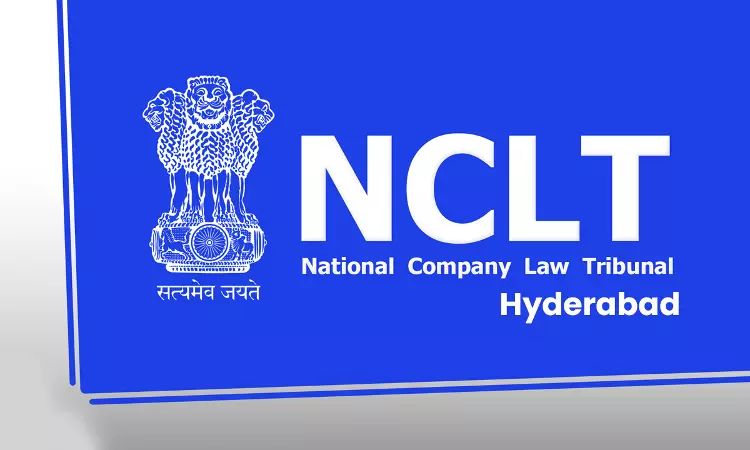The NCLT Hyderabad bench of Sri Rajeev Bhardwaj (Judicial Member) and Sri Sanjay Puri (Technical Member) has held that the Personal Guarantor should be treated on an equal legal footing with the Corporate Debtor, as it is clearly established by the law that the liability of Corporate Debtor and Personal Guarantor are co-extensive in nature. Therefore, the provisions of the Limitation...

